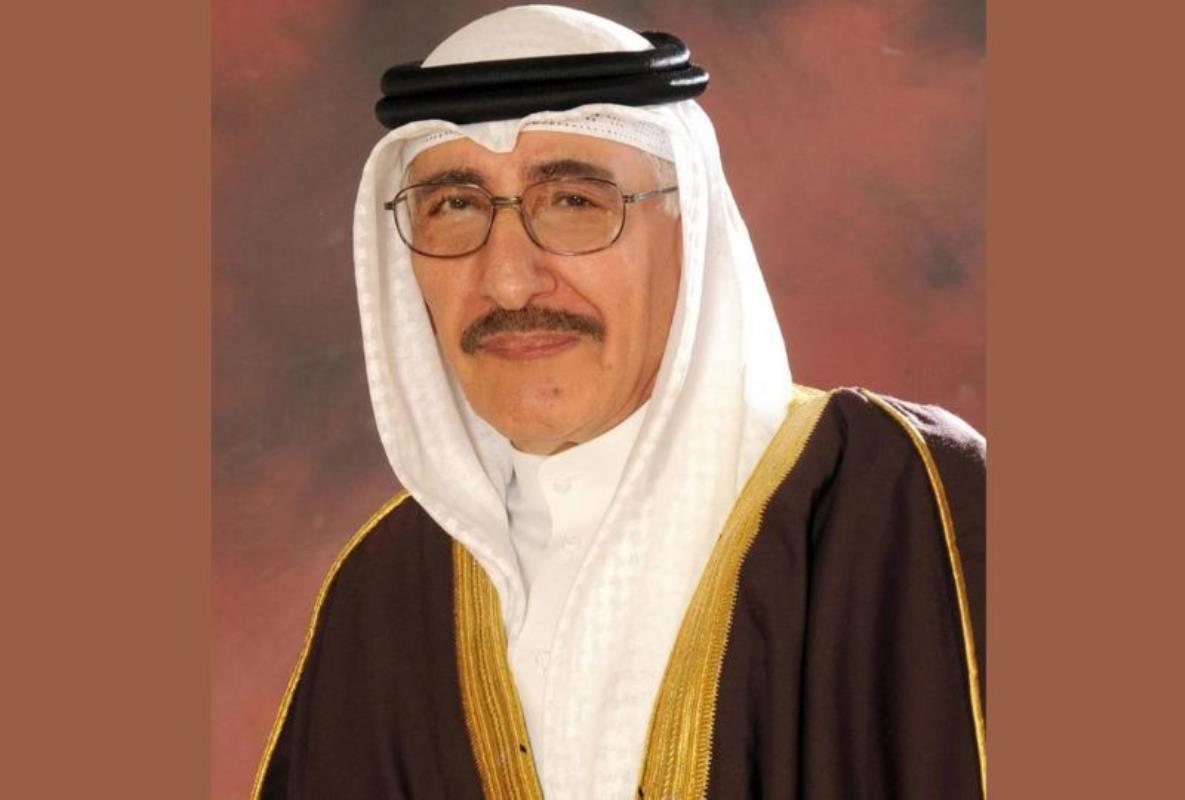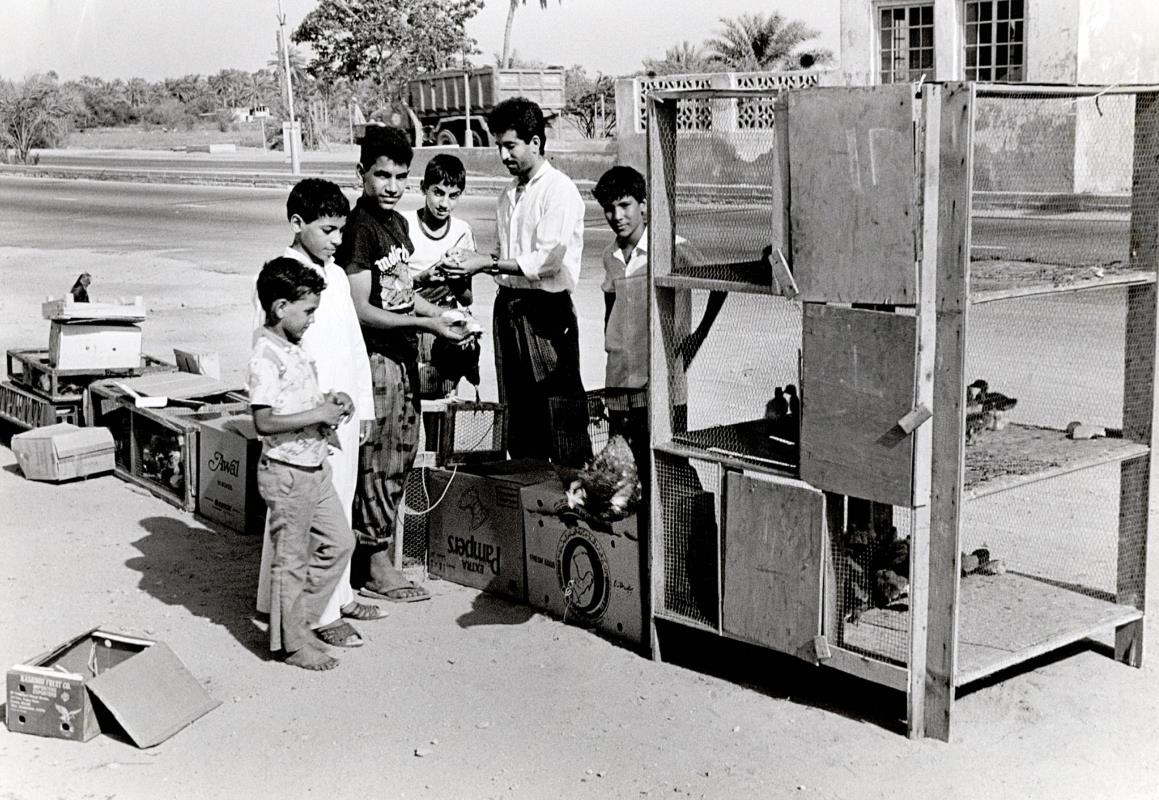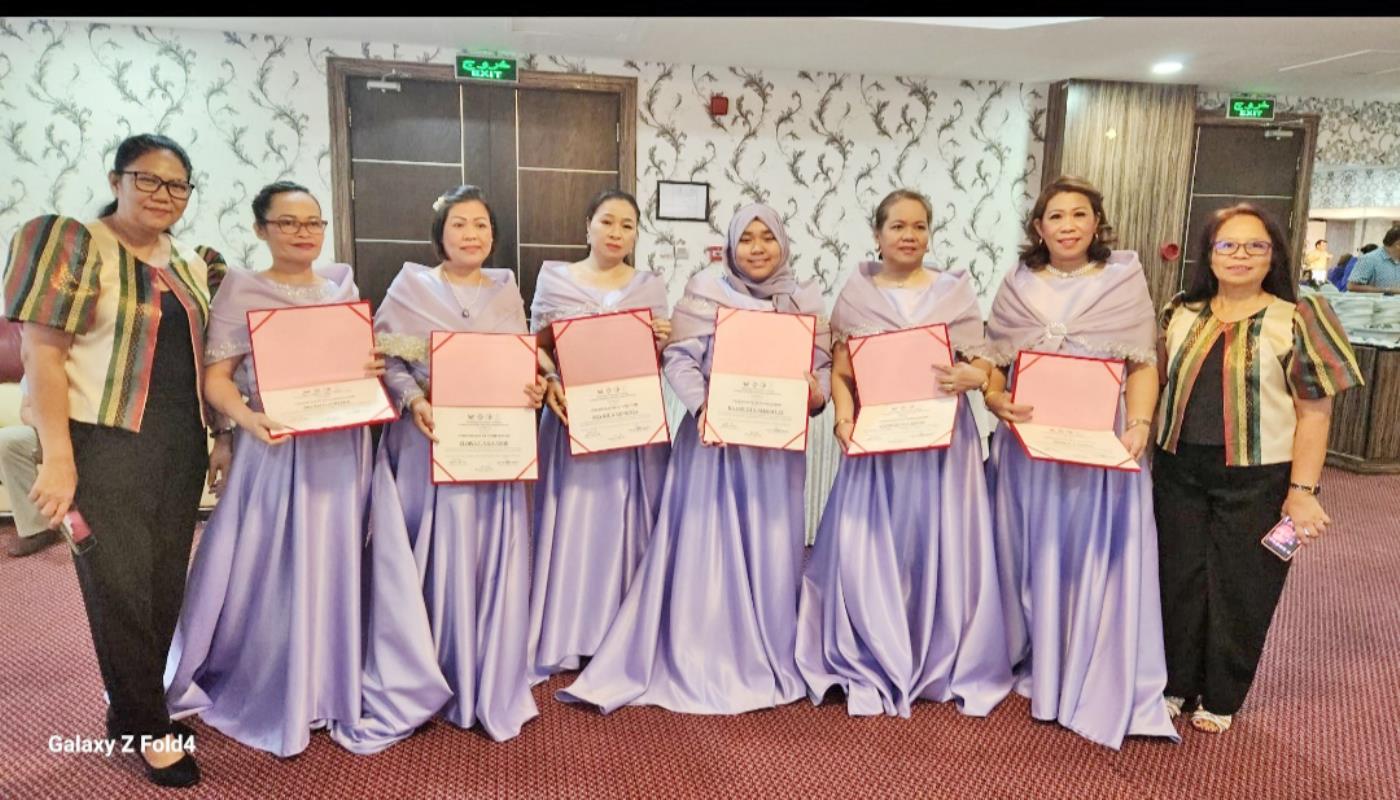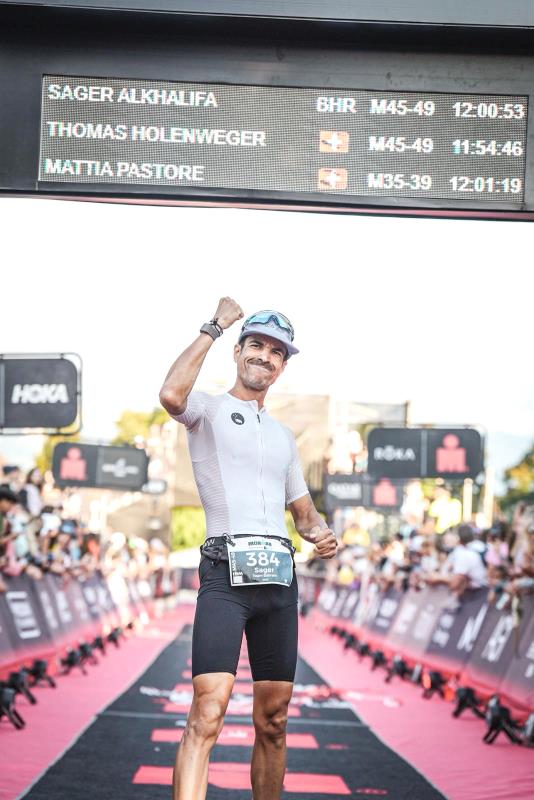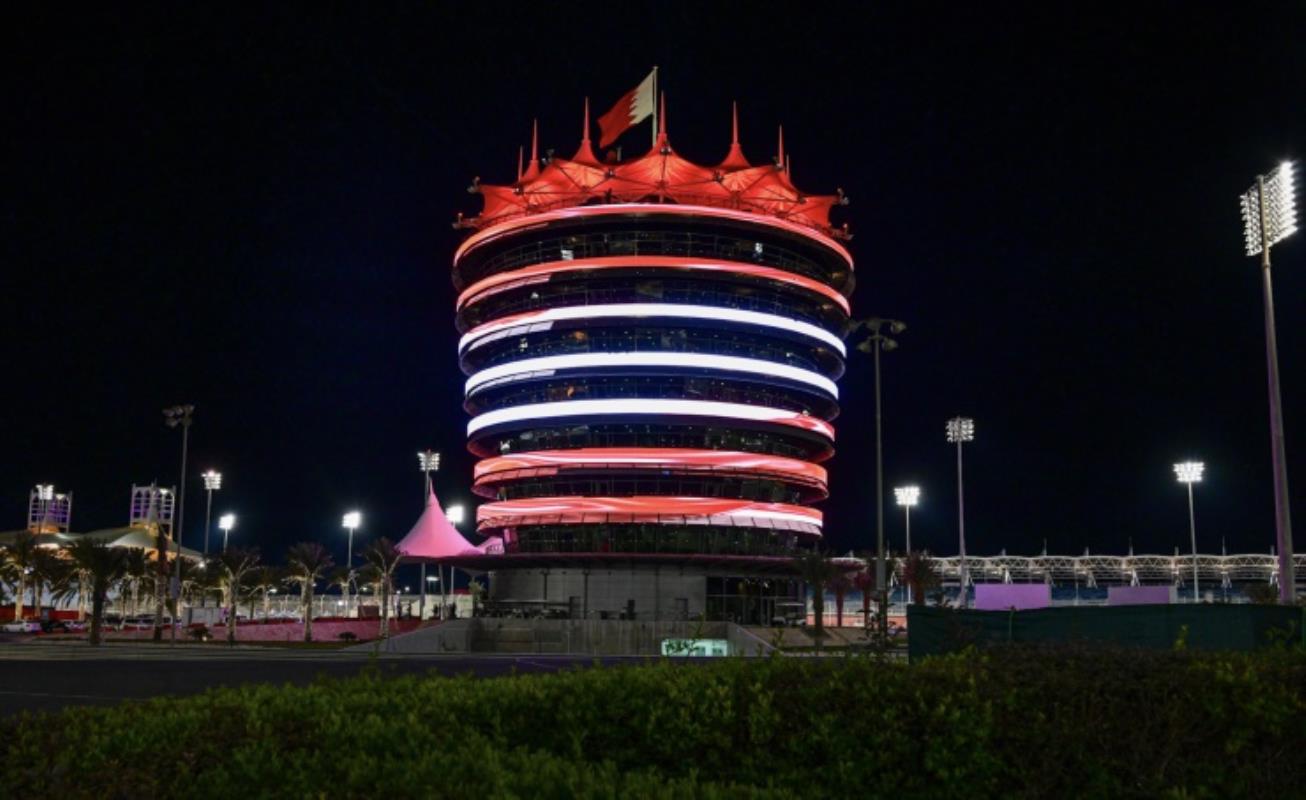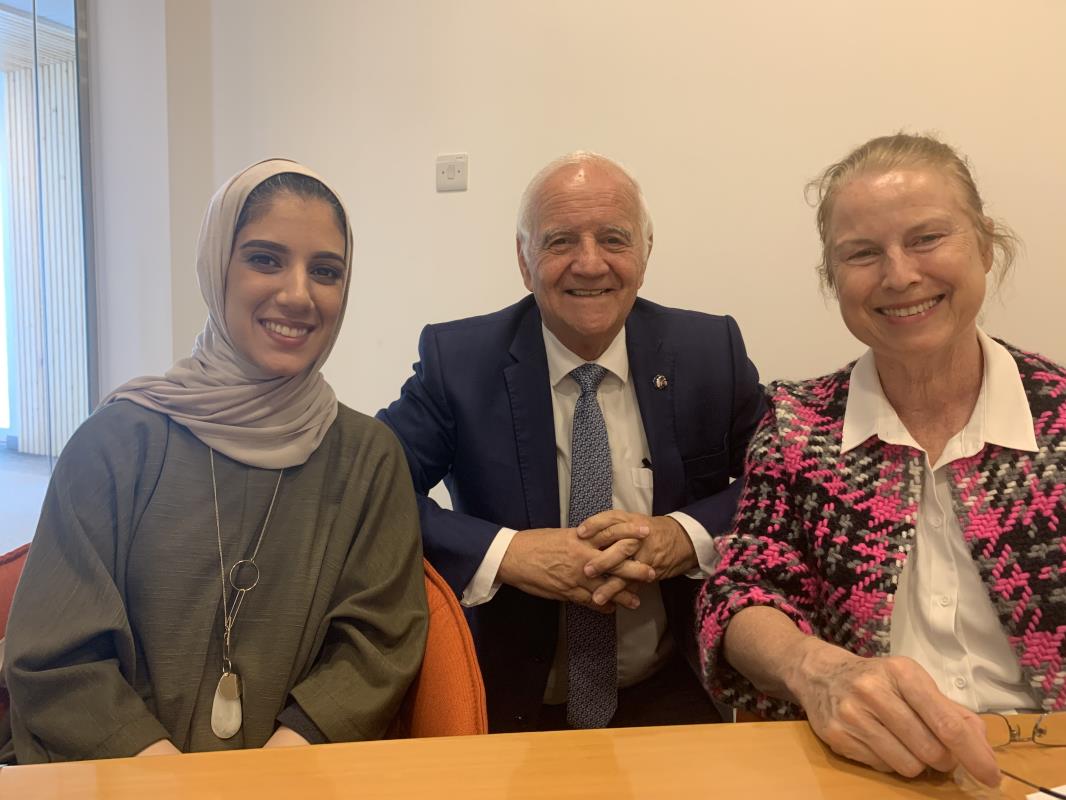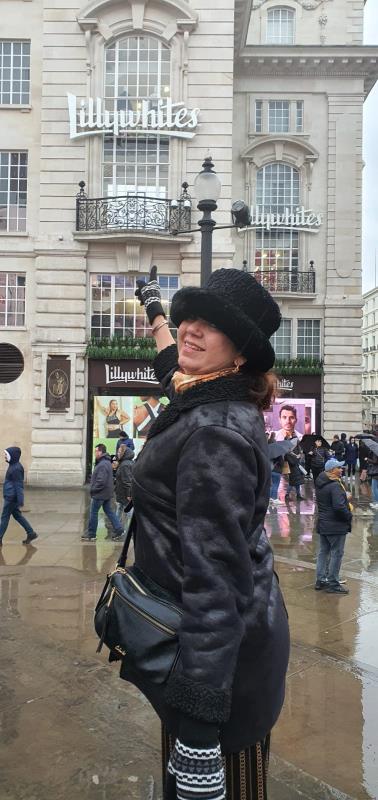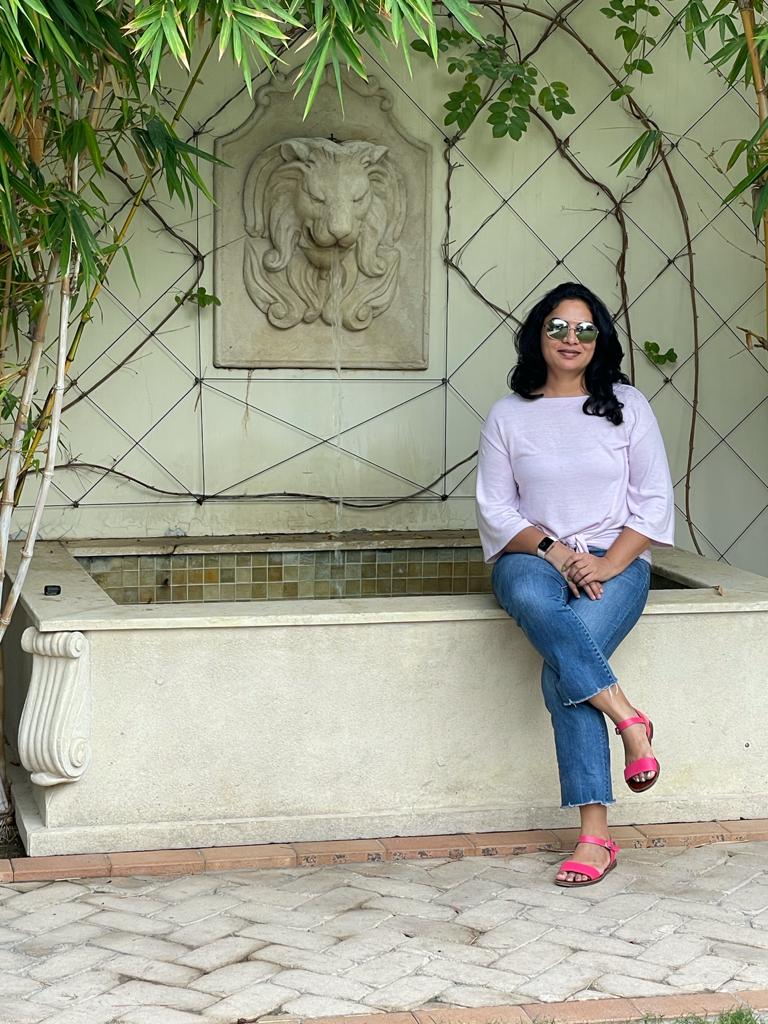In Dubai’s CBD, improving demand for good quality office stock combined with relatively limited supply in this segment translated into Grade A rents increasing by 2% year-on-year to an average of AED 1,712 per sq. m. per annum. On the same basis, Grade A rents in Abu Dhabi also rose by 5% to an average of AED 1,650 per sq. m.
Towards the end of 2021, the UAE saw the introduction of reforms such as a change to the work week from Monday-Friday, aligning with global markets, as well as new labour laws and visa options. The report highlights that over the medium to long-term, such initiatives will help bolster the UAE’s competitiveness by attracting and retaining a skilled workforce and making it a more appealing location to live and work.
“The pandemic-induced uncertainty about future business conditions and changes in employee preferences have underpinned a surge in enquiries for flexible space options such as serviced business centers,” said Khawar Khan, Head of Research for the Middle East, Africa & Turkey region at JLL. Occupiers have also expressed interest in good quality fitted office space in an effort to minimise capital expenditure due to constrained budgets.”
In the residential market, a “race for space” and the relative affordability of villas and townhouses during the depths of the pandemic helped to stimulate the strong recovery in sales prices – a trend which extended into Q4 2021. This was seen in both Dubai and Abu Dhabi. Waterfront developments in Dubai, as well as villa projects in Abu Dhabi – particularly on Saadiyat Island and Yas Island – experienced solid demand from investors and end-users alike.
The retail market registered a pick-up in footfall and turnover in Q4 2021. This has been attributed to various factors, including the success of the UAE’s vaccination programme which has led to easing restrictions, a resumption of global travel, as well as the start of the Expo event in October 2021. Due to the uncertain economic climate, retail occupiers continue to push for incentives such as rent-free periods, contribution towards capital expenditure on fit-outs and revenue-share options.
“Forecasts show that, in the UAE, the recovery in tourism and rising employment will support healthy consumer spending growth over 2022-23. This in turn should help provide a boost to retail sales – which are anticipated to broadly return to pre-pandemic levels by the end of next year,” said Khan.
On the back of the Expo event and strong leisure demand, Dubai’s occupancy rate reached 63% in the YT November 2021 – up significantly from 40% in the corresponding period last year. Over the same period, the city’s average daily rate (ADR) rose by 25% year-on-year to USD 150. Abu Dhabi’s occupancy rate rose to 66% in the YT November 2021, when compared with 60% a year earlier. Meanwhile, the capital’s ADR increased by 4% year-on-year to USD 92 in the YT November 2021.
“The emergence of the new Omicron Covid-19 variant has prompted a wave of travel restrictions in the MENA region and other parts of the world. As a result, travelers and hoteliers will likely face an extended period of uncertainty. Still, our expectation is that the UAE’s hospitality market will continue its gradual recovery in 2022 as both business and leisure travel see further improvement as key source markets continue to relax travel restrictions.
pr


























































